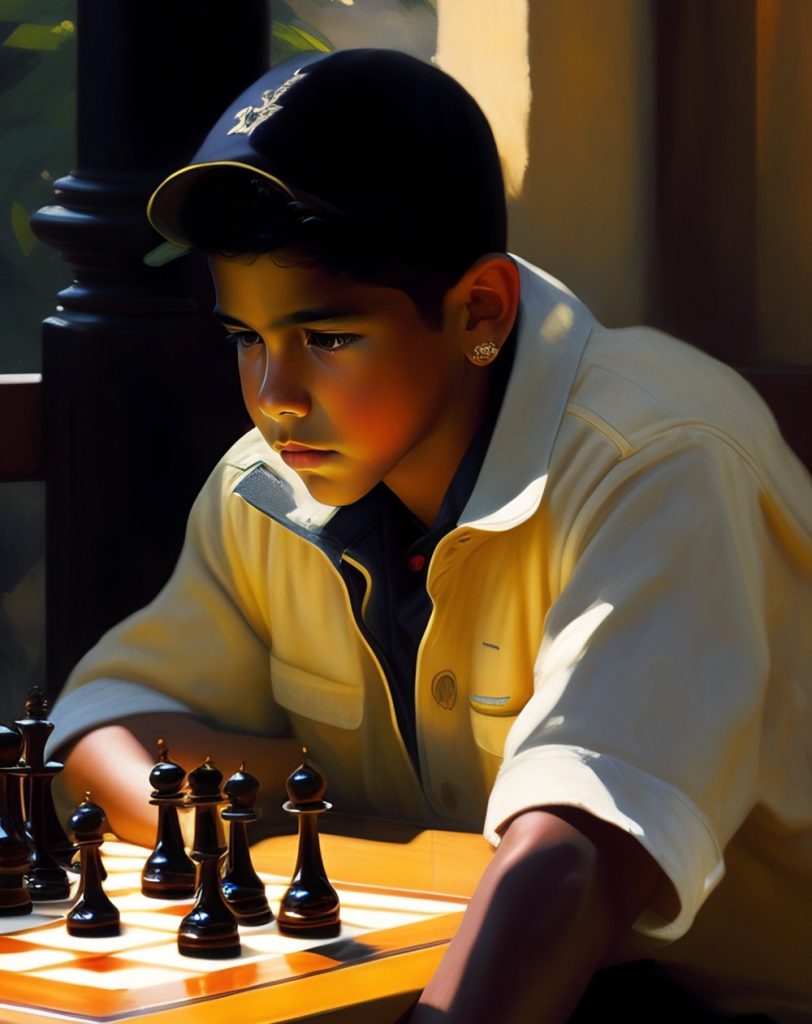
Starting tennis at a young age offers numerous advantages. First, it allows children to develop essential motor skills and hand-eye coordination that are crucial to their success on the court. By starting early, they can build a strong foundation in these skills, which would be harder to learn later in life.
Second, young players can establish proper technique and footwork from the very beginning. This is crucial, as these fundamental skills form the backbone of a player’s game. Learning the correct techniques early on prevents the development of bad habits that can be difficult to unlearn later in life.
Nick Bollettieri’s Philosophy on Tennis Education
Nick Bollettieri’s philosophy on tennis education centered around the concept of shaping young players like putty. He believed that children were malleable and could be molded into exceptional tennis players through the right guidance and training. Personalized coaching was of paramount importance to Bollettieri, as he understood that each individual had unique strengths, weaknesses, and learning styles.
Bollettieri also emphasized the importance of creating well-rounded players by exposing them to different playing styles. This approach allowed his students to adapt to various opponents and situations on the court, ultimately preparing them for the diverse challenges they would face in their professional careers.
Overcoming Challenges of Learning Tennis Later in Life
Learning tennis later in life can present its own set of challenges. One of the most significant obstacles is breaking pre-existing habits and motor skills that may be counterintuitive to proper tennis technique. This process can be frustrating and time-consuming, but with dedication and persistence, it is possible to retrain the body and mind.
Another challenge faced by those who start tennis later in life is adapting to the mental and physical demands of the game. Tennis is a sport that requires a combination of strength, agility, endurance, and mental fortitude. Developing these qualities can be more difficult for older individuals, but with consistent practice and focused training, they can still make significant progress.
Ultimately, determination and hard work play a crucial role in overcoming the challenges of learning tennis later in life. A strong work ethic and unwavering commitment to improvement are essential for those who wish to succeed despite starting their tennis journey later than others.
Success Stories from Nick Bollettieri’s Academy
Nick Bollettieri’s Academy has produced numerous tennis legends, many of whom started their tennis journey at a young age. Andre Agassi and Monica Seles are just two examples of the incredible talents that emerged from Bollettieri’s training program.
Bollettieri’s approach to tennis education played a significant role in their success. By recognizing their potential early on and providing tailored coaching, he was able to nurture their natural abilities and help them develop into the champions they became.
These tennis prodigies serve as powerful examples of the benefits of starting tennis at a young age and the impact of a coach who understands how to mold young players like putty.
The Power of Starting Tennis Young: Unlocking Potential
Nick Bollettieri’s philosophy on molding players like putty demonstrates the importance of early tennis education and the power of a dedicated and knowledgeable coach. For parents and aspiring tennis players, embracing early tennis education can be the key to unlocking potential and setting the stage for a successful and fulfilling tennis journey.
